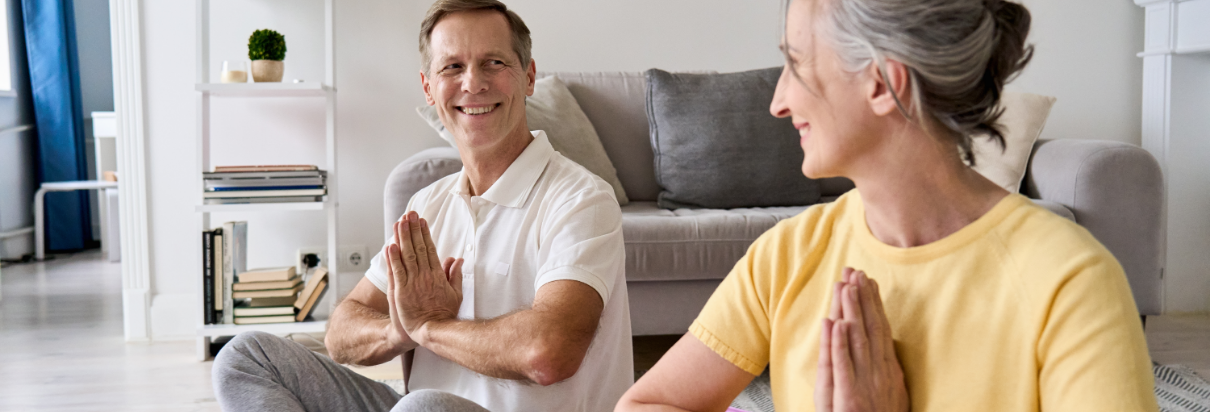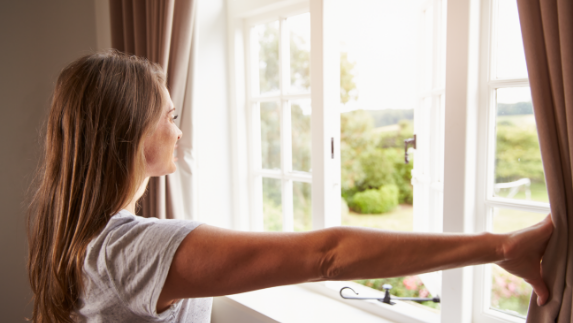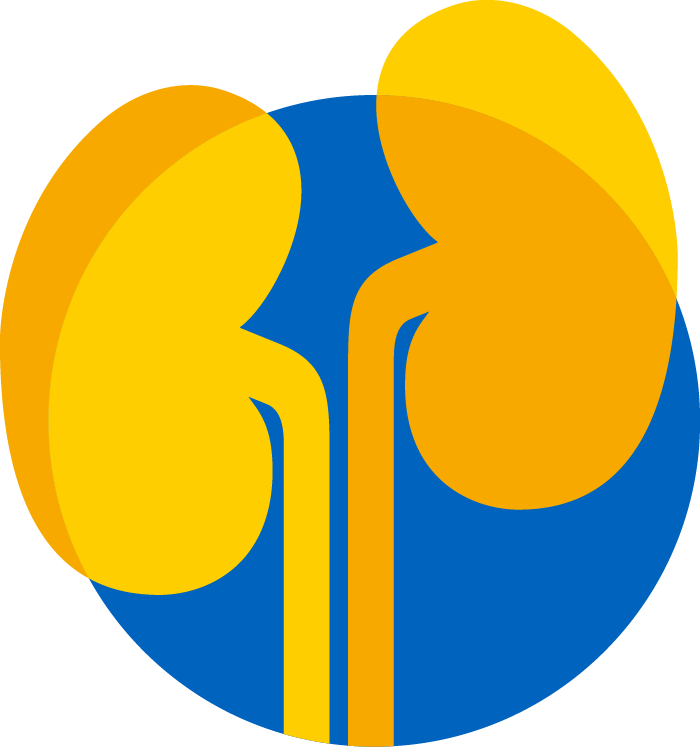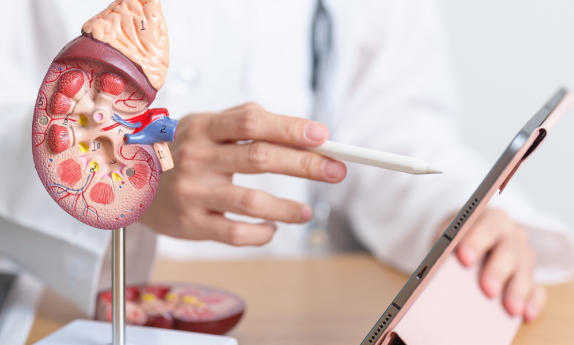
Read here why and how to get active for better physical and mental health.
Why Exercise?
It is scientifically proven that exercise can enhance health and well-being, whether you’re 9 or 90. Adding regular moderately intense physical activity to your day can help reduce the risk of a series of health problems, including heart disease, type 2 diabetes, depression, and several types of cancer. Regular exercise can help you sleep better, reduce stress, control weight, brighten mood, sharpen mental functioning and improve social life.
Moreover, staying or becoming physically active can help prevent and counteract many of the consequences of ageing. This includes the loss of strength and mobility, bone health, balance and ability to carry out everyday tasks and stay independent.
But also for CKD patients, regular exercise is recommended as you can benefit from regular exercise just like people without this condition and you should be aiming for at least 30 minutes of exercises 5 days a week.
How to get started?
If you are not used to exercising you might want to start slowly with a pace you are comfortable with, which depends on several things, including age, heart rate, muscle strength and health conditions. Then you can increase intensity and length until you engage into exercise 5 times per week. Always discuss with your doctor if you can exercise, and he/she can also provide you input on frequency and duration. Most important thing is that you stay safe while exercising. If you experience any health problems or discomfort, stop with your activity and contact your doctor.
In which exercises to engage?
There are 3 groups of exercises you should mix: aerobic exercises, activities focussing on flexibility and exercises for strength.
The first ones need a high amount of oxygen when they are performed like walking, jogging, bicycling, dancing, but also gardening or chair exercises. Activities for higher flexibility move your joints through their range of possible motions like Yoga, Thai Chi or stretching. And finally, activities for strength move your large muscles with weights or dumbbells, tubes, medicine balls or also Pilates.
Ideal would be a mix of the 3 different physical activities. You will find some examples and how-to videos below.
Balance
Flexibility
Strength
Why Mindfulness?
In today’s fast paced world, managing stress is an important part of our daily lives.
Mindfulness exercises are among the simplest yet effective ways of reducing stress and anxiety. They can easily be integrated into our daily routine to enhance our ability to deal with stress. So, let’s talk about mindfulness exercises and find out how we can use them to improve our overall wellbeing.

In addition to mental health benefits, mindfulness exercises can also improve physical health. Through mindfulness exercises we can be more aware of our behaviours and make better choices such as following a healthier diet, staying hydrated and being more active. Especially for individuals living with chronic kidney disease, it can help support kidney health by lowering stress levels.
And let’s not forget, mindfulness exercises can also help to improve relationships with others. By becoming more aware of our thoughts and emotions, we can better understand others. This can lead to improved communication and conflict resolution skills. Having stronger relations means to have better support from the people around us, giving us a chance to ask for help when we may feel the need.
It’s natural to feel worried once in a while, but those anxious thoughts can be unhelpful. When we start clinging to them, they can take a toll on our quality of life. Challenging and replacing these thoughts is a good way to deal with stress and anxiety. It can also improve our sleep and raise our mood. Here mindfulness exercises can be of tremendous help. They aim to increase self-awareness by being present in the moment and paying attention to our self, without being judgemental. A range of simple exercises designed to guide our way of thinking can help us to be more aware of our feelings and emotions. With their help, we can identify unhelpful thoughts that lead to negative symptoms of anxiety. Through mindfulness, we can challenge these unhelpful thoughts and replace them with positive thinking. This in turn will help us feel more centred, focused and connected to the present.


